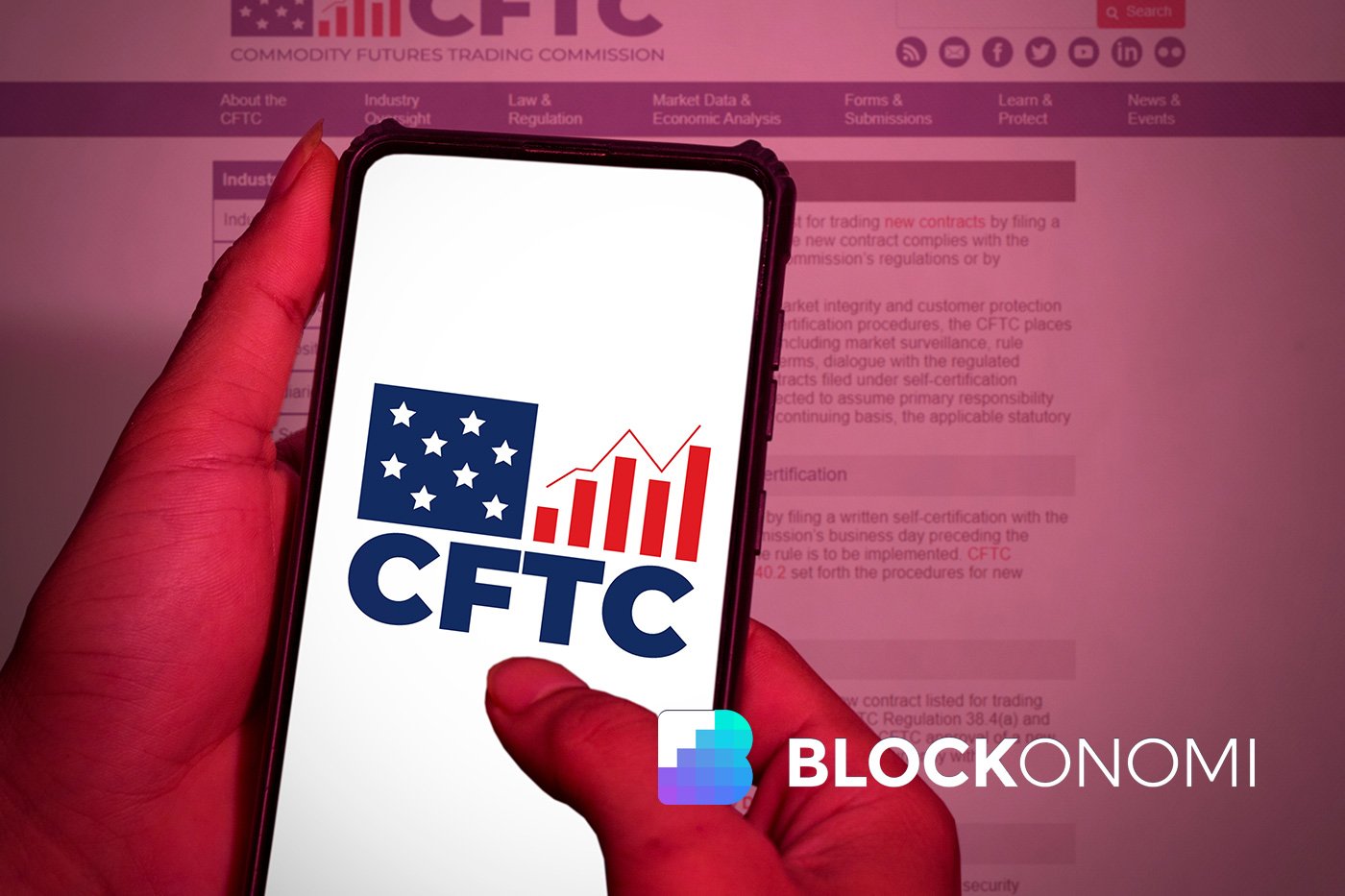
The Senate Agriculture Committee has recently advanced Michael Selig’s nomination to head the Commodity Futures Trading Commission (CFTC), signaling a potential shift in how digital assets and cryptocurrencies are regulated in the U.S. The 12-11 vote, split along party lines, highlights growing debates on regulatory priorities for emerging technologies.
Selig’s Vision for the CFTC
At the recent confirmation hearing, Selig emphasized the importance of creating clear and consistent rules for cryptocurrencies. “We must build a framework for innovation and sound market practices,” he stated, underlining the need to support developers, ensure investor protections, and foster market transparency. His comments suggest a balanced approach between consumer safety and technological advancement.
With Congress considering bills to expand the CFTC’s authority over digital assets, Selig’s leadership could be pivotal in shaping the country’s crypto regulations. These proposals aim to transfer certain oversight responsibilities from the SEC to the CFTC, placing it at the center of digital asset governance.
Challenges in Expanding the CFTC
Senators raised concerns about whether the CFTC, which employs significantly fewer staff than the SEC, can effectively manage broader responsibilities without increasing its budget. While Selig did not commit to a funding proposal, he assured lawmakers that he would evaluate the agency’s operational needs if confirmed.
Bipartisanship and Regulatory Clarity
During his hearing, Selig also spoke about fostering bipartisan cooperation within the CFTC. He highlighted that the agency operates best with a diversity of viewpoints, which could improve decision-making during an era of rapid technological evolution in financial markets.
As discussions around crypto oversight continue, Selig’s potential confirmation appears to be a critical moment for the industry. His focus on aligning crypto regulations with traditional market standards could help bridge the gaps between innovation and compliance.
One way consumers can stay informed and protected in the evolving crypto landscape is by utilizing crypto education platforms or software that provides secure trading environments. For example, the Coinbase platform offers wallet services and resources to help users navigate the cryptocurrency ecosystem responsibly.
Looking Ahead
Michael Selig’s confirmation would come amidst major legislative efforts in the crypto space. If approved, he would step into his role at a critical juncture, where new policies could redefine the trajectory of digital assets in the U.S. With key votes ahead, the nation’s approach to crypto regulation remains in the spotlight.
Stay updated on crypto regulation news by bookmarking our site and checking back for insights into the latest developments.






